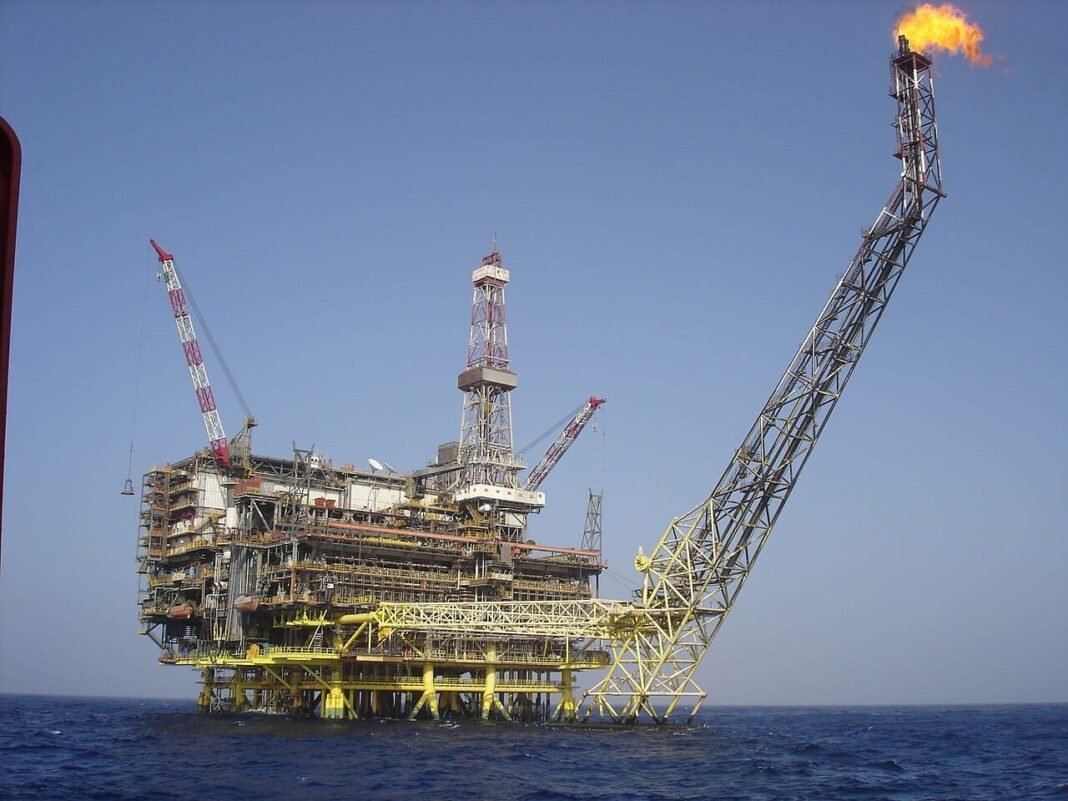
Greece has invited Libya’s internationally recognized Government of National Unity (GNU) in Tripoli for talks on demarcating Exclusive Economic Zones (EEZs) in the Mediterranean Sea.
This move, announced by Prime Minister Kyriakos Mitsotakis, aims to mend relations severely strained by a controversial 2019 maritime deal between the GNU and Turkey, which Greece considers illegal and a direct infringement on its sovereign rights, particularly around the island of Crete.
The Turkey-Libya maritime deal and hydrocarbon resources
At the heart of the dispute is the 2019 Memorandum of Understanding (MoU) between Turkey and the then-Government of National Accord (GNA, predecessor to the GNU). This MoU mapped out a vast sea area that ignores the existence and maritime rights of Greek islands, including Crete and Rhodes, effectively creating a corridor between Turkey and Libya.
Greece, along with much of the international community, views this agreement as a violation of international law, specifically the United Nations Convention on the Law of the Sea (UNCLOS), which grants islands their own maritime zones.
The economic implications are significant. Greece’s decision to launch a new tender this year for hydrocarbon exploration off Crete directly challenges the areas claimed by the Turkey-Libya MoU.
Libya’s objections to these blocks, asserting they infringe on its maritime zones, underscore the high stakes involved in these delimitations. The potential for vast energy reserves in the Eastern Mediterranean fuels these disputes, making clear and internationally recognized maritime boundaries essential for stability and economic development.
Libya’s internal divisions
The weakness of law and order in Libya since the 2011 uprising and the subsequent division of the country into western (Tripoli-based, internationally recognized GNU) and eastern (Benghazi-based, aligned with the Libyan National Army under Khalifa Haftar) administrations profoundly complicates diplomatic engagement.
As Mitsotakis highlighted, communication with Libya has been far from easy. Greece’s pragmatic approach of engaging with both the Tripoli-based government and the parallel administration in Benghazi reflects the intricate reality on the ground, where both factions hold varying degrees of influence and control.
The incident earlier this month, where EU migration commissioner and ministers from Italy, Malta, and Greece were denied entry to eastern Libya after meeting with the GNU, vividly illustrates these divisions. It highlights the limited authority of the internationally recognized government in certain parts of the country and the challenges of implementing unified policies or agreements across the fractured state.
Migration flows: A pressing challenge for Greece
Beyond maritime disputes, Greece faces a pressing humanitarian and political challenge with a surge in migrant arrivals from Libya. The North African country has become a significant departure point for migrants attempting to reach Europe, particularly Greece’s southern islands of Gavdos and Crete. This new route has raised alarms in Athens, leading to calls for closer cooperation with Libyan authorities to stem the flows.
In response to this surge, Greece recently passed legislation that bans migrants arriving from Libya by sea from requesting asylum. This controversial measure, aimed at deterring illegal crossings and human trafficking, reflects the immense pressure Greece is under to manage these flows.
Prime Minister Mitsotakis has also announced the deployment of Greek Navy frigates and other vessels off Libya’s territorial waters. While the exact operational details of these deployments are not fully disclosed, the intention is to send a clear message to traffickers and pre-empt illegal entries, signaling a stricter stance on border control.
In essence, Greece’s outreach to Libya for EEZ talks is an attempt to address a multi-layered problem. It seeks to resolve a contentious maritime issue that impacts energy exploration and regional stability, while simultaneously grappling with the humanitarian and security implications of uncontrolled migrant flows from a deeply fractured nation.


